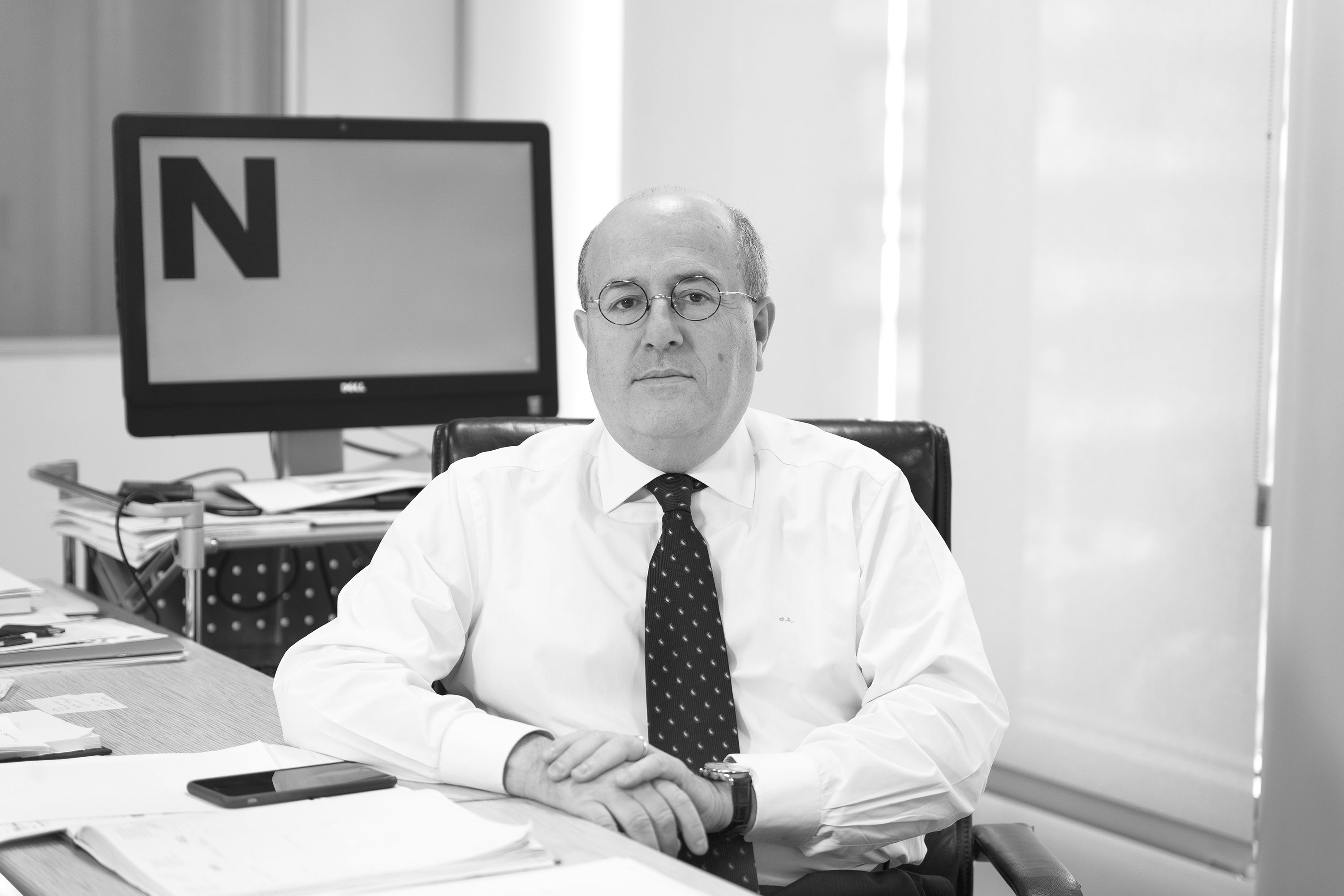This weekend the PDeCAT (Catalan European Democratic Party) is holding a political gathering in Barcelona. It is a date that was initially planned to define the party's ideological profile and which will, as it turns out, probably be the last service of an organization that aimed to be the heir of Convergència Democràtica de Catalunya the decisive centre-right political force in Catalonia for three decades - but has become a political formation without enough strength to lead the independence movement in Catalonia. The story would have been written differently, in all probability, if Artur Mas had not been required to give up the presidency of the Catalan government in January 2016 or if the Spanish state had not targeted him personally in most of its first attacks on the pro-independence forces and in the dirty war waged by Spain's interior ministry against independence. Or, if Carles Puigdemont had accepted the leadership of the organization when Mas left the forefront of the political scene. Or, thirdly, it could have also been totally different if the PDeCAT leadership had taken an inclusive stance and had recognized the leadership of the Catalan president in exile without any if and buts.
None of these three things happened and, for this reason, the PDeCAT is holding a strange political gathering in the same week as presidents Puigdemont and Torra, Jordi Sànchez, the ministers Turull, Rull and Forn and a long list of others have virtually ignored this convention and launched the Crida Nacional per la República (National Call for the Republic) – a political movement that aims to be the new reference point for the independence movement. An objective that is not easy, since even if it has the president in exile at its head, reinforced once again by the withdrawal of Judge Pablo Llarena's extradition order from the German justice system, the polls published since the Catalan elections last December - the latest, by the CEO on Friday - say that the Republican Left (ERC) is now the pre-eminent force in the pro-independence bloc.
In any case, the success of Crida and the political strength of Puigdemont will depend on whether the new movement plays a clearly secondary role in the Catalan political scene, like the PDeCAT, or becomes a star. As always happens with political parties, what will most come out of the shadows is the battle between Marta Pascal and the sector that criticises her. It is a curious critical sector, given that it contains the figures who are the party's main points of reference.
With the 2019 municipal elections starting to get close and the struggle for hegemony with ERC continuing relentlessly, the PDeCAT conference is a rather minor political act, but one that its leaders need to handle with care if they do not want to lose what political capital they still have.

